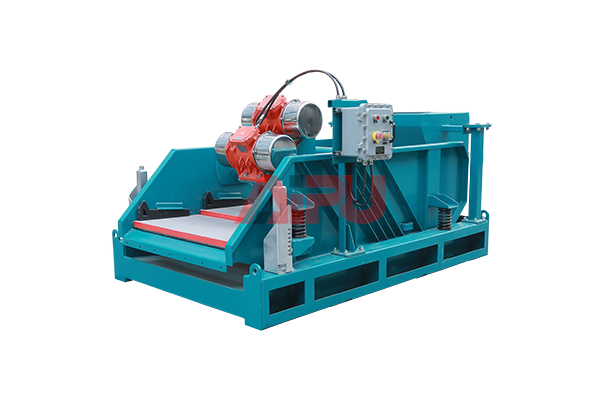Troubleshooting the Automation Level of Solids Control Equipment
Solids control equipment plays a critical role in drilling operations, ensuring efficient separation and removal of solids from drilling fluids. However, when automation issues arise, productivity can suffer significantly. Understanding common problems and their solutions is essential for maintaining optimal performance.

One frequent challenge involves sensor malfunctions. Automated solids control systems rely heavily on accurate sensor data to regulate operations. When sensors fail to detect proper fluid levels or particle sizes, the entire system may operate inefficiently. Regular calibration and maintenance of these sensors can prevent such issues.
Another common problem stems from software glitches. Modern automated equipment depends on sophisticated control software that may occasionally freeze or produce erroneous commands. Implementing regular software updates and maintaining backup systems can minimize downtime when these situations occur.
Electrical issues often plague automated solids control equipment. Power fluctuations, loose connections, or damaged wiring can disrupt the automation sequence. A thorough inspection of all electrical components should be part of routine maintenance procedures.
Mechanical wear and tear also affects automation performance. Components like actuators, valves, and conveyor systems may degrade over time, leading to inconsistent operation. Establishing a preventive maintenance schedule helps identify and replace worn parts before they cause system failures.
Integration problems between different automated components can create operational challenges. When individual pieces of equipment fail to communicate effectively, the entire system's efficiency suffers. Ensuring compatibility between all system components and using standardized communication protocols can alleviate these issues.
Operator error remains a significant factor in automation problems. Even highly automated systems require proper human oversight and intervention when necessary. Comprehensive training programs for personnel can reduce mistakes and improve overall system performance.
Environmental factors such as extreme temperatures, dust, or moisture can impact automation reliability. Proper equipment housing and environmental controls help protect sensitive components from these external influences.
If your project requires solids control equipment, choose Aipu Solids Control - we believe it will be your best choice.
